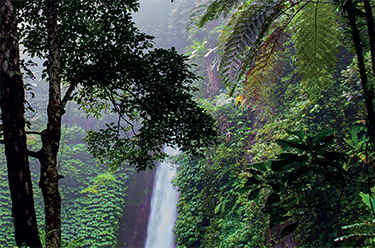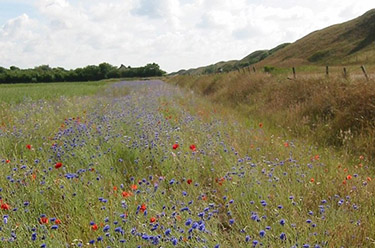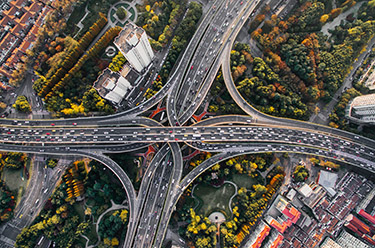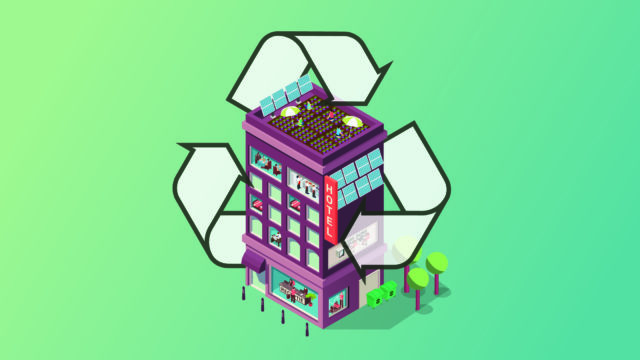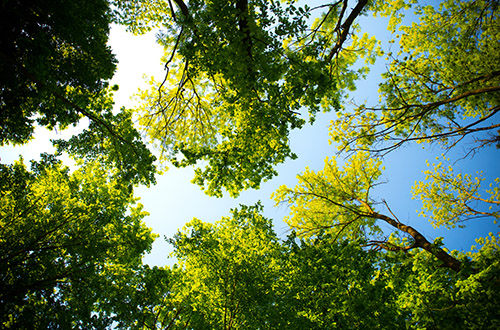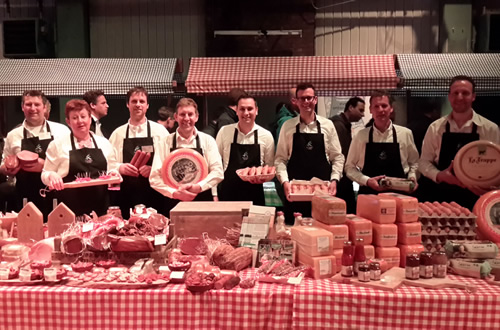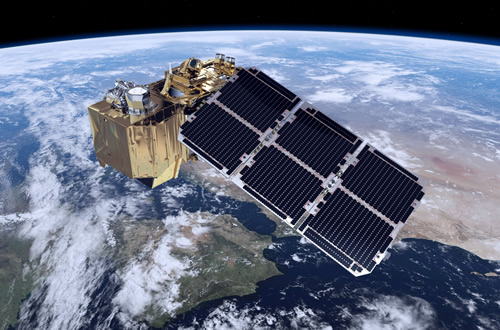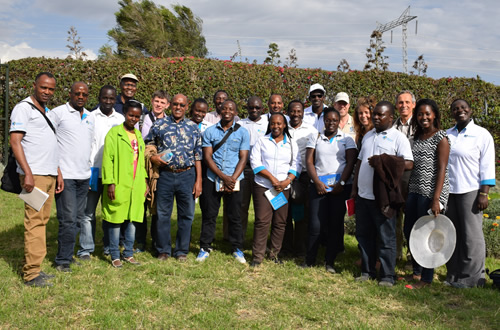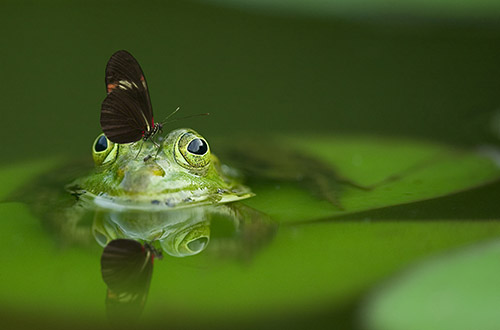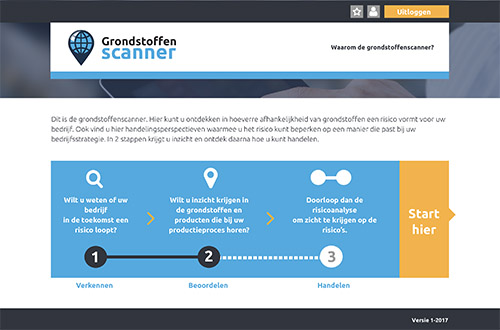ASN Bank's sustainability policy has three pillars: the climate, human rights and biodiversity. CREM has worked with the bank since 2014 on the formulation of its biodiversity policy and the development of long-term goals for this pillar. In 2017, the bank decided to become 'biodiversity positive' by 2030. This means that the combined impact of all of the bank's investments must be positive by that time. ASN Bank is the first bank in the world to have set this goal. (more…)
Author: Bianca Wisseloo
Making natural capital concrete
Rijkswaterstaat (Dutch Ministry of Infrastructure and Water Management) develops and manages the national road and water works and works on maintaining a sustainable living environment. Although 'natural capital' does not often appear as a concrete goal when carrying out these public works, it can generate explicit benefits. This is not currently obvious, as natural capital is a broad concept that is not always easy to understand, let alone apply. However, Rijkswaterstaat’s work lends itself well to applying the concept of natural capital. (more…)
Natural Capital Accounts
Statistics Netherlands (CBS) is collaborating with Wageningen University and Research Centre (WUR) on 'natural capital accounts' for the government. Natural capital is a broad concept – for these accounts it will be mainly considered to be ecosystems (the forest, the heath, salt water, fresh water), but will also include the built environment (see: Value of forest, heath and built-up areas mapped out). (more…)

